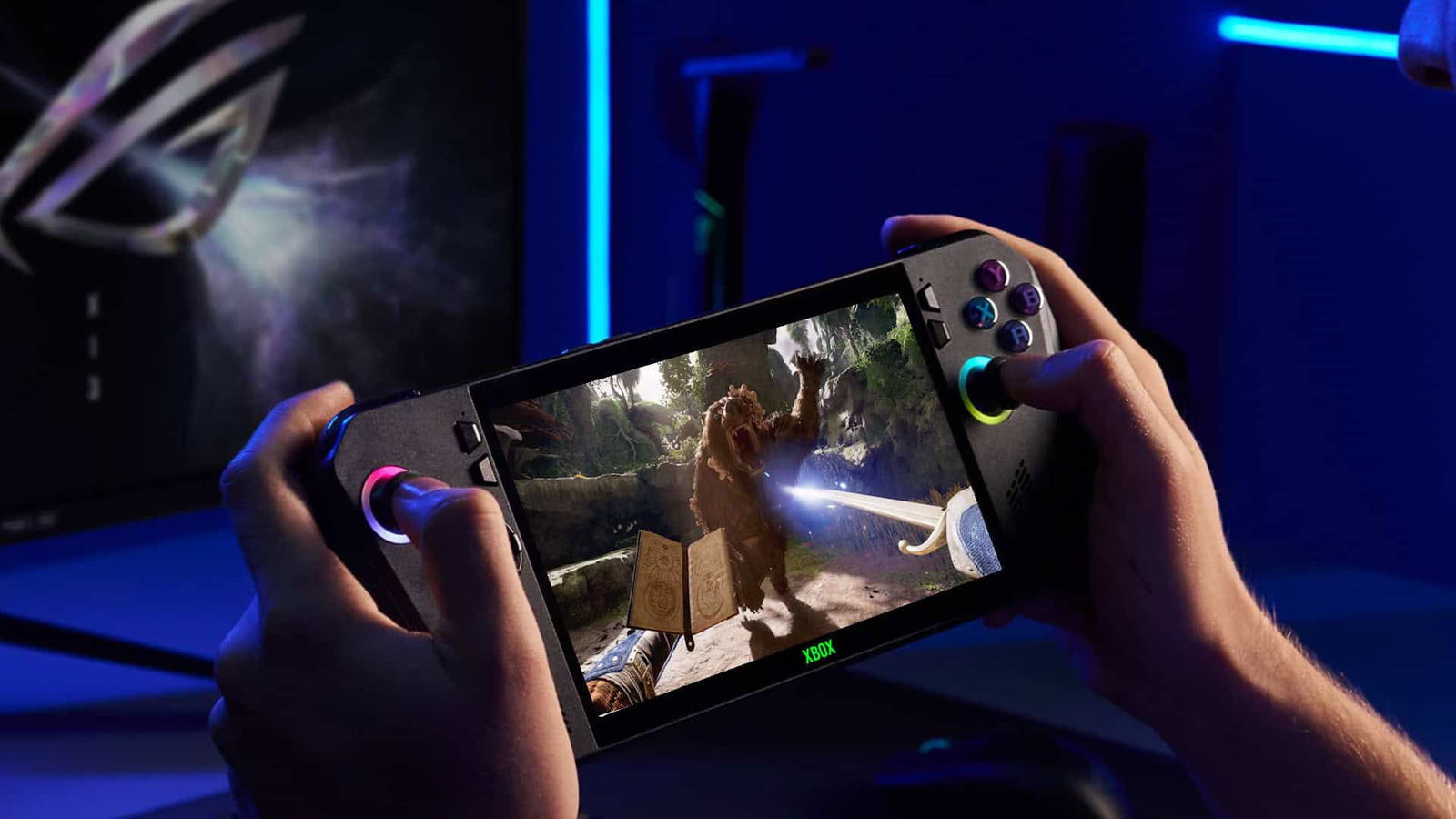The Future of Xbox Handheld Gaming: A Skeptical Perspective
Introduction to the Xbox Handheld Rumors
In 2024, whispers began circulating about a potential new device from Xbox—a handheld gaming console. Unlike competitors such as the Nintendo Switch or various handheld PCs like the Steam Deck and ROG Ally, this device is rumored to enhance the gaming experience for existing Xbox fans rather than directly compete with these established platforms. The speculation gained traction when Phil Spencer, head of Xbox, hinted in an interview with Bloomberg that there are plans for a handheld gaming solution in the future. However, despite this confirmation, skepticism remains regarding whether such a device will ever come to fruition.
Why Skepticism Surrounds the Xbox Handheld
The Saturated Handheld Market
One of my primary concerns stems from the current state of the handheld market. It is already brimming with options—from popular devices like those mentioned earlier to powerful smartphones that can run games effectively. Microsoft has been promoting its vision that “everything is an Xbox,” which includes not only traditional consoles but also mobile devices and PCs capable of running Xbox games. Given this landscape, it raises questions about why Microsoft would invest heavily in developing a dedicated handheld when gamers can already access their favorite titles on existing platforms.
Unique Selling Points: What Can an Xbox Handheld Offer?
If we entertain the idea that an Xbox handheld could become reality, it must provide something unique compared to what’s currently available on other devices. For instance:
- Nintendo Switch: Offers exclusive Nintendo titles.
- Steam Deck: Provides access to a vast library of PC games.
- Windows-based Devices: Allow users access to multiple game storefronts including Steam and Epic Games Store.
So what compelling features could set an Xbox handheld apart? As someone who has followed gaming trends closely over time, I find myself questioning whether there’s enough incentive for consumers to invest in yet another piece of hardware—especially considering past disappointments with underwhelming gaming systems.
Concerns About Performance and Power Management
Balancing Power and Portability
Another significant concern revolves around performance capabilities and battery life—two critical factors for any portable gaming device. Striking a balance between power consumption and performance can be challenging; larger batteries add weight while smaller ones limit playtime. Additionally:
- A high-resolution screen demands more energy.
- A powerful system-on-chip (SoC) enhances gameplay but also drains battery faster.
If Microsoft aims for its new device to deliver consistent performance—ideally at resolutions like 1280×720 or even 1920×1080—it faces tough challenges ahead without compromising either quality or affordability.
Rethinking Microsoft’s Strategy
Embracing Software Over Hardware Development
Given these hurdles associated with creating new hardware amidst fierce competition within both mobile phones and existing consoles alike, perhaps it’s time for Microsoft to pivot its strategy entirely. Instead of pouring resources into developing another standalone console:
- Focus on Software Development: Create an optimized operating system tailored specifically for portable devices.
- Collaborate With Existing Manufacturers: Partnering with established brands could lead towards creating “Xbox Gaming Handhelds” powered by their software ecosystem without incurring heavy costs associated with hardware production.
This approach would allow them not only entry into portable markets but also reinforce their commitment towards PC gaming—a win-win scenario!
Conclusion
While speculation surrounding an upcoming Xbox handheld continues unabated among enthusiasts eager for innovation within portable gaming spaces; I remain cautious based on several key factors discussed above—from market saturation through unique selling propositions down towards balancing power management issues effectively! Ultimately though—as always—the future remains uncertain until official announcements are made by industry leaders themselves! Feel free join me over on BlueSky if you’d like share your thoughts regarding this topic—I welcome healthy discussions!
